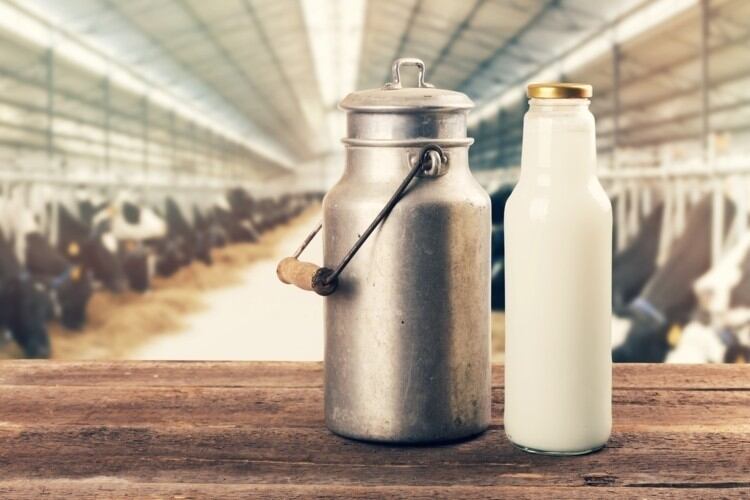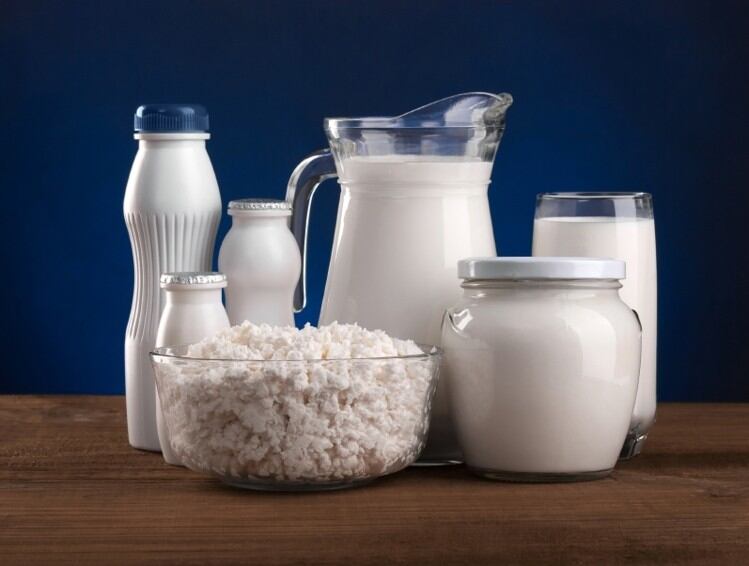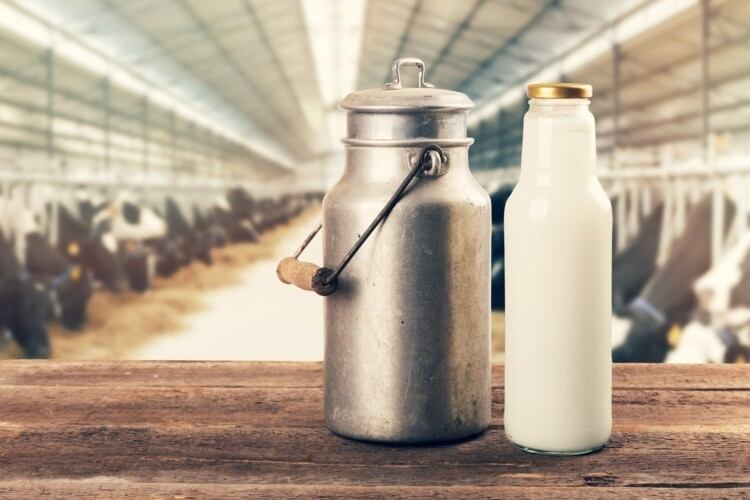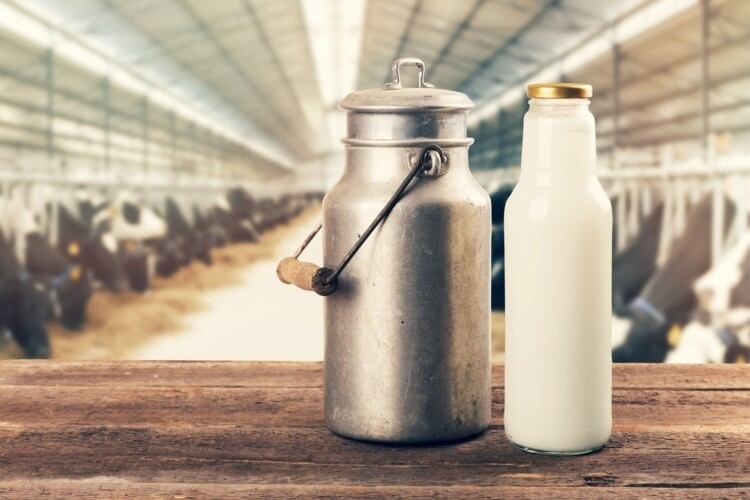The protests occurred following the latest dairy adulteration crackdown by the PFA earlier this month, where it discarded 18,000 litres of what was allegedly chemically-tainted milk from six vehicles.
Punjab Milk Sellers and Suppliers Association representative Nasser Ahmed said the milk disposal had become a means for PFA to ‘show performance’, and warned that further protests would take place if this continued.
“This is inefficiency of the authority (sic) that even after a lapse of two days it has not come up with a substantial argument to defend its system meant for checking quality of the milk,” he said to The Nation.
“We will come with our buffaloes and other animals to stage a demonstration in front of the PFA offices. The authority is clearly biased against sale of fresh milk and supports multinational packaged milk companies,” he said.
The association has demanded that an on-the-spot quality control system from Italy be implemented to check milk quality, and that reports on alleged chemical presence in containers used to transport the milk be verified.
According to PFA Director-General, retired Captain Muhammad Usman, the agency tested 105,000 litres of milk ‘on the spot’ using ‘lactoscan milk analyser machines’, and found contaminants such as chemicals, powder, urea, fertiliser and banaspati ghee in the milk.
The PFA has also released a statement claiming that the Milk Sellers and Suppliers Association had ‘expressed satisfaction’ over the testing parameters and procedures that PFA is practising following their meeting, but the association could not be reached for confirmation of this.
Tough action on dairy in Punjab
This year alone, hundreds of thousands of litres of milk have been checked during PFA raids and crackdown operations, whereas tens of thousands of litres of milk have been disposed up following claims of contaminant detection as of March 7.
According to Usman, “A comprehensive policy is being designed against milk adulteration [and] implementation will be started by 2022.”
Earlier this year, the PFA also banned the freezing of milk in regular ice factories that are not specifically licensed to do.
Food companies, especially those with ice factories, must now obtain separate licenses to run milk chiller units if they wish to freeze milk in their factories.
“[Ice] factories [are not allowed to] store milk in ice blocks in the name of ice factory business [without a license],” said Usman.
“[It is also] compulsory to install chillers for storing milk. PFA [will serve an] emergency prohibition order in [violation cases], and if the milk is found to be adulterated, [the] premises will be sealed.
More protests
This was not the first time that Punjab has seen protests with regard to dairy.
In June last year, a strike was organised by over 172 farmer associations across western India who had decided not to sell their produce to cities from June 1 to June 10, demanding higher minimum prices and loan waivers.
Participating dairy farm owners were forbidden from selling their milk to government-run milk plants and other dairies that supplied to city areas.
However, several of these organisations in Punjab decided to pull out of this protest by June 6, after clashes between milk sellers and farmers were seen across the state, with gunshots being fired in some areas.
State president of the Bhartiya Kisan Union (Indian Farmers’ Collective) Balbir Singh Rajewal said in a press conference that this was due to governmental interference.
“The government was trying to divide the farmers as it was shaken by the success of their protest programme,” he said.
“Some anti-social elements infiltrated our protest and kept harassing [them].”
The Progressive Dairy Farmers Association was the first organisation to formally request an early end to the protest.
“We had held protests even in the past but had never seen such violence. Farmers and milk vendors have come to blows at different locations and we thought it was better to call off the strike,” said Rajewal.
“The government has learnt its lessons through our protest. We only wanted that the middlemen who make all the moolah, should be checked and the farmers get their profit share.”





